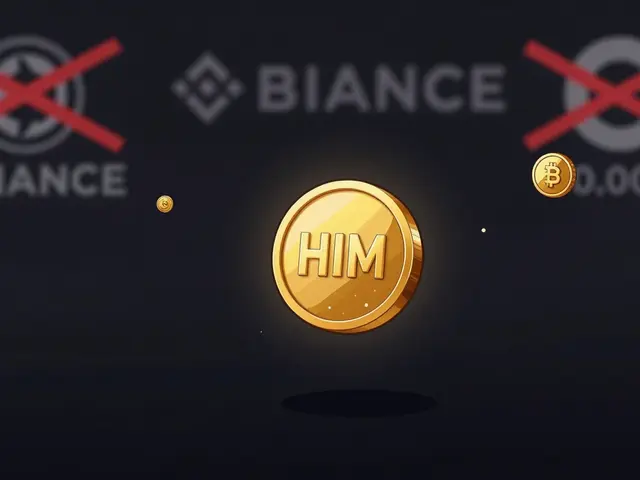Privacy Coins Australia: What They Are, Why They Matter, and Where to Find Them
When you send crypto in Australia, most transactions are public forever. That’s where privacy coins, cryptocurrencies designed to hide sender, receiver, and amount details. Also known as anonymous coins, they let you control who sees your financial activity—something many Australian users care about as tax and surveillance rules tighten. Unlike Bitcoin or Ethereum, where every transfer is on display, privacy coins use advanced math to scramble transaction data so even blockchain explorers can’t trace them.
Two major types of privacy coins you’ll see in Australia are Monero, a decentralized coin using ring signatures and stealth addresses to hide all transaction details and Zcash, a coin that lets users choose between transparent and shielded transactions. Monero is the most private by default—no opt-in needed. Zcash gives you control, but most users don’t use shielded addresses, which weakens its real-world privacy. Neither is banned in Australia, but exchanges like CoinSpot and Swyftx stopped listing them in 2022 due to compliance pressure. That doesn’t mean they’re gone—it just means you need to use peer-to-peer platforms or non-KYC exchanges to buy them.
Why does this matter to you? If you’re in Australia and want to protect your financial privacy, privacy coins are one of the few tools left. Regular wallets like MetaMask or Trust Wallet don’t hide your activity. Even DeFi swaps on Uniswap or PancakeSwap leave trails. Privacy coins are the only way to truly break that chain. But be careful—scammers love to fake privacy coin airdrops or clone wallets to steal your keys. You won’t find a real Monero or Zcash airdrop on social media. Legit ones come from trusted sources, like official project websites or verified community forums.
Australia’s tax rules don’t change just because you use a privacy coin. The ATO still wants to know your gains, losses, and income from crypto. You can’t hide your tax liability by using Monero, but you can protect your spending habits from public view. That’s the real value: privacy, not tax evasion. Many users here use privacy coins for personal security—not crime. Think of it like cash: you don’t need to explain every dollar you spend, and you shouldn’t have to explain every crypto transaction either.
Below, you’ll find real guides on what privacy coins actually do, how to store them safely, and which platforms still support them in Australia. No fluff. No hype. Just what works, what doesn’t, and how to avoid the traps most beginners fall into.
Privacy Coins Banned on Australian Crypto Exchanges: What You Need to Know
Australia doesn't ban privacy coins outright, but exchanges can't list them due to strict anti-money laundering rules. Here's how the ban works, why it's happening, and what options Australians have left.





